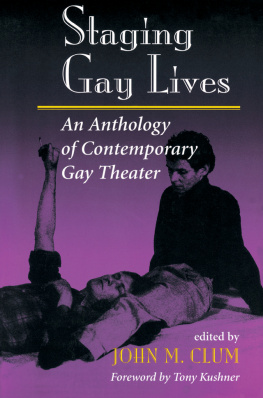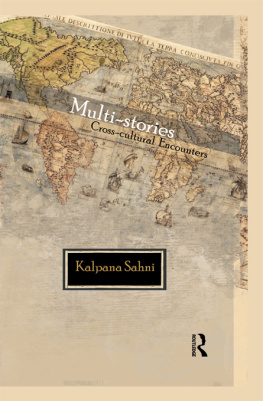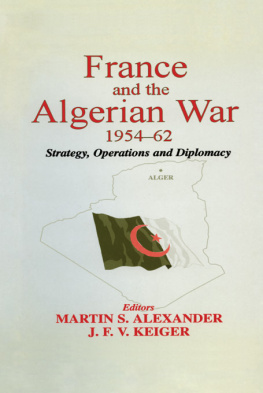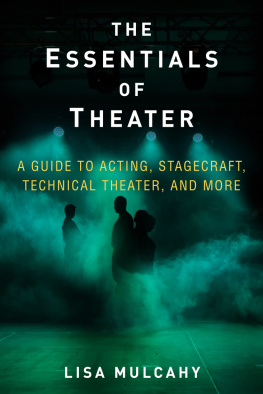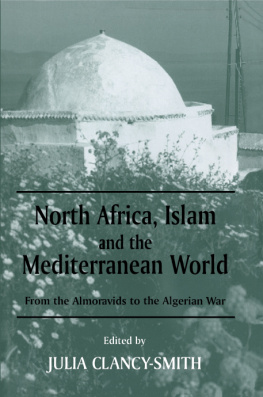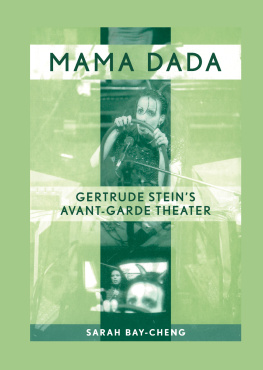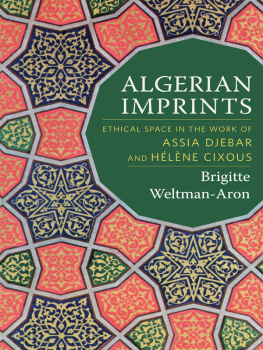This book is a publication of
Indiana University Press
Office of Scholarly Publishing
Herman B Wells Library 350
1320 East 10th Street
Bloomington, Indiana 47405 USA
iupress.org
2020 by Jane E. Goodman
All rights reserved.
No part of this book may be reproduced or utilized in any form or by any means, electronic or mechanical, including photocopying and recording, or by any information storage and retrieval system, without permission in writing from the publisher. The paper used in this publication meets the minimum requirements of the American National Standard for Information SciencesPermanence of Paper for Printed Library Materials, ANSI Z39.48-1992.
Manufactured in the United States of America
Cataloging information is available from the Library of Congress.
ISBN 978-0-253-04961-2 (hardback)
ISBN 978-0-253-04962-9 (paperback)
ISBN 978-0-253-04963-6 (ebook)
First printing 2020
I AM GRATEFUL TO THE many people and organizations that helped make this project a reality. Without funding, this project would not have been possible. I was able to devote the entire 20172018 academic year to writing thanks to a Digital Publication Fellowship from the National Endowment for the Humanities and the Mellon Foundation. The digital components of this project, including video editing and website development, were generously supported by a New Frontiers of Creativity and Scholarship award from Indiana University. I spent two months conducting fieldwork with Istijmam in 2016 thanks to funding from a Mellon International Research Short-Term Faculty Fellowship and awards from various units at Indiana University, including the Institute for Digital Humanities, the College Arts and Humanities Institute, the New Frontiers in the Arts and Humanities program, the College of Arts and Sciences, and the Institute of Advanced Study. My research with Istijmam in 20082009, which informs , was supported by the Fulbright-Hays Program, the American Institute for Maghrib Studies, Indiana University (particularly the New Frontiers in the Arts and Humanities program and the College Arts and Humanities Institute), and a joint international fellowship from the American Council of Learned Societies, the Social Science Research Council, and the National Endowment for the Humanities. My department administrators, Stephanie Odaffer and Amy Cornell, somehow managed to keep track of the finances.
Istijmams visit to my home institution Indiana University in September 2016 was supported by a College Arts and Humanities Institute Workshop-Performance Grant alongside generous funding from twelve campus departments and programs. I am particularly grateful to the Department of Theater, Drama, and Contemporary Dance for offering the use of the Wells-Metz Theater, where the video of Apples used in this book was filmed.
In Algeria, Dr. Robert Parks and Dr. Karim Ouaras of the Centre dtudes Maghrbines en Algrie (CEMA) facilitated my travel and research in both 20082009 and 2016. I am beyond grateful for the support Bob and Karim offer to researchers in Algeria, and I count myself fortunate to have their assistance and friendship.
In Oran, Halima Belhandouz opened her lovely home to me and helped make my stay in 2016 better than I could have imagined. As a scholar, she has critically and generously engaged with my research since I began writing about Algeria. As a friend, she has helped me to feel at home in Oran since she first welcomed me to the city as a graduate student back in 1990.
Raja Alloula has generously supported my work on theater since I met her in 2008. She provided access to the archives of the Abdelkader Alloula Foundation and helped me set up interviews with theater practitioners whom I would have been hard-pressed to reach on my own. Along with her friendship, I will be forever grateful to Raja for introducing me to Istijmam.
Although this book focuses on Istijmam, my knowledge of theatrical practice in Algeria is informed by other troupes I have worked with over the years, in particular the El Moudja troupe of Mostaganem and its director, Djilelli Boudjemaa, who graciously shared his decades of experience with Algerian theater. Theater expert Lakhdar Mansouri offered many hours of generous conversation. The actor Mohamed Yabdri helpfully responded to questions about theater in Algeria as I was writing. I am also grateful to two former members of Istijmam, Leila Bibouche and Meriem Medjkane, for generously responding to my questions back in 2009 and for agreeing to appear in several photos and videos in this work. Amo, my wonderful taxi driver and engaging conversationalist, helped me get around in Oran and the surrounding region for nearly a decade.
My work with Istijmam in the United States would not have been possible without the generosity of Lisa Booth and Deirdre Valente of Lisa Booth Management Inc., tour organizers for Center Stage. They allowed me to accompany Istijmam in the United States: they gave me a seat in the tour van, they booked my travel and accommodations, and they facilitated my introductions to the various US presenters and hosts. Theresa Teague, tour manager and van driver extraordinaire, was a wonderful road companion.
I am grateful to the US presenters and hosts who allowed me to video their events for my research, including: Indiana University, University of St. Joseph, Yale Universitys Pierson College, University of New Hampshire, Denmark Arts Center, La MaMa Theater, Double Edge Theatre, and HartBeat Ensemble. After the tour, video screening events were hosted by Martha Rounds of New View Cohousing in Acton, Massachusetts; Reed College; and the following units at Indiana University: African Studies Program, Center for the Study of the Middle East, Arabic Flagship Program. Dr. Jennifer Goodlander hosted a screening for her graduate seminar in the IU Department of Theater, and the IU Department of Anthropology helped me host two additional screenings for Bloomington community members. My visit to Reed College was particularly energizing. Paul Silverstein organized a public screening and vibrant discussion of the play. Kate Bredeson invited me to her engaging theater studies class. Both of these events helped to inspire the epilogue.
Benameur Cherif Cheikh meticulously transcribed and, in some cases, translated hours of interviews, rehearsal sessions, and discussions in Darija and French. He also placed the subtitles in the video examples that appear in this book. Without his assistance, I would have been hard-pressed to develop this work. Jenny Parker transcribed postperformance and postscreening discussions in English and French. Lamia Djeldjel patiently tutored me in Darija and assisted with Arabic translation. Mohamed Khaled Sayed assisted with Darija transliteration. Ryan Feigenbaum was an extraordinary research assistant; he helped me develop systems for managing the many hours of video, he edited all the videos that appear in the book and on the website, and he always found the best solution for any problem. Priscilla Borges and David Ernst of Internet-Minded Design & Development created the website and were endlessly patient with this decidedly not-born-digital author.


